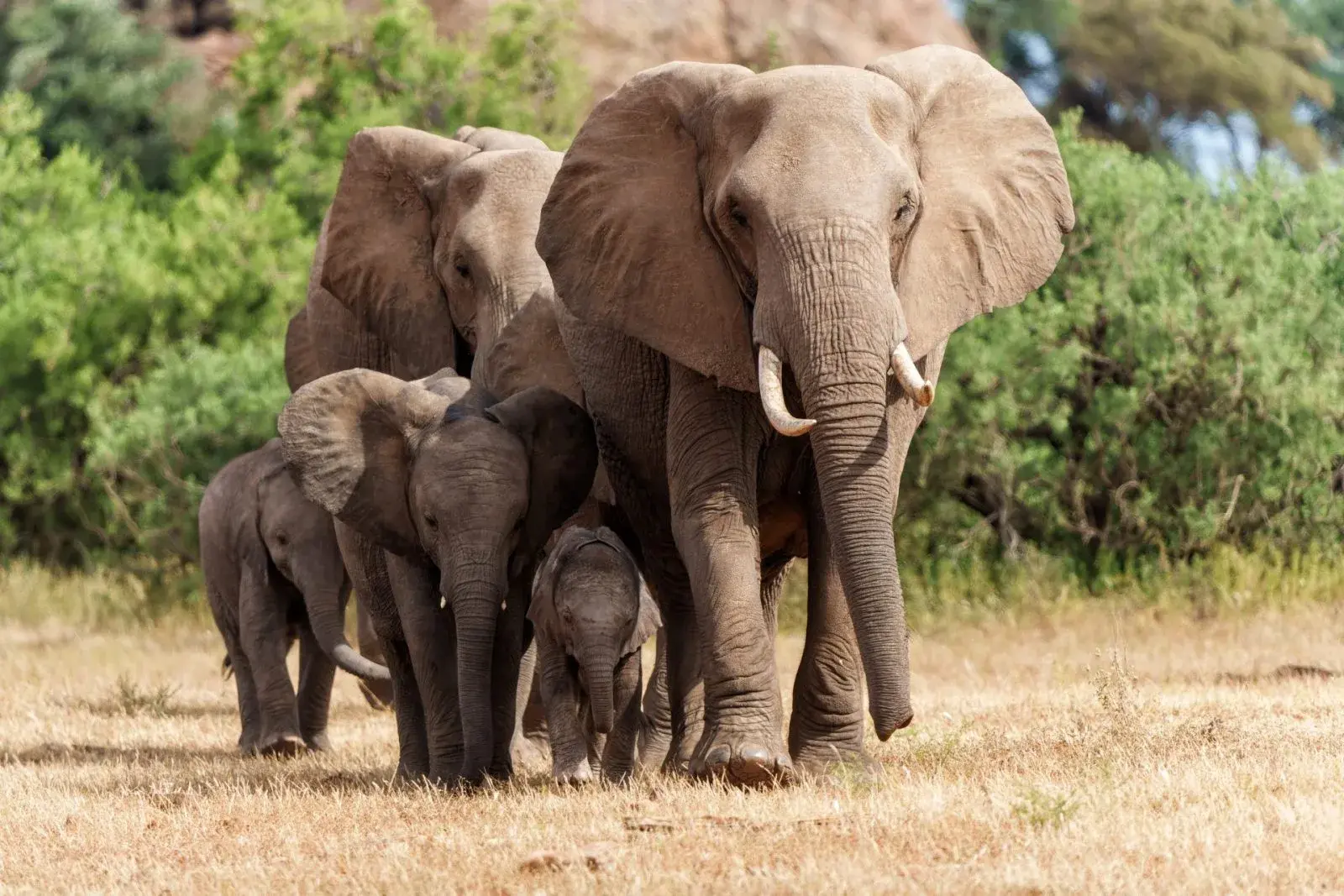- cross-posted to:
- africa@baraza.africa
Namibia, grappling with one of the worst droughts in decades, is preparing to cull more than 700 wild animals, including 83 elephants, as part of an effort to address food insecurity among its population. The decision, announced by the country’s environment ministry, comes as southern Africa faces a prolonged drought that has led to widespread food shortages and increased human-wildlife conflict.
The culling will target animals in national parks and communal areas where officials have determined that the wildlife population exceeds the available resources of grazing land and water. In addition to elephants, the cull will include hippos, buffalo, impalas, blue wildebeest, zebras, and eland. The ministry’s plan involves distributing the meat from these animals to communities struggling to feed themselves. The United Nations reports that Namibia has already depleted 84% of its food reserves.
This move has sparked controversy, with Animal rights activists expressing concern over the lack of a comprehensive assessment of the potential economic and environmental impacts. They argue that the decision might be driven by political motivations, especially in an election year, and have launched a petition to halt the culling.


